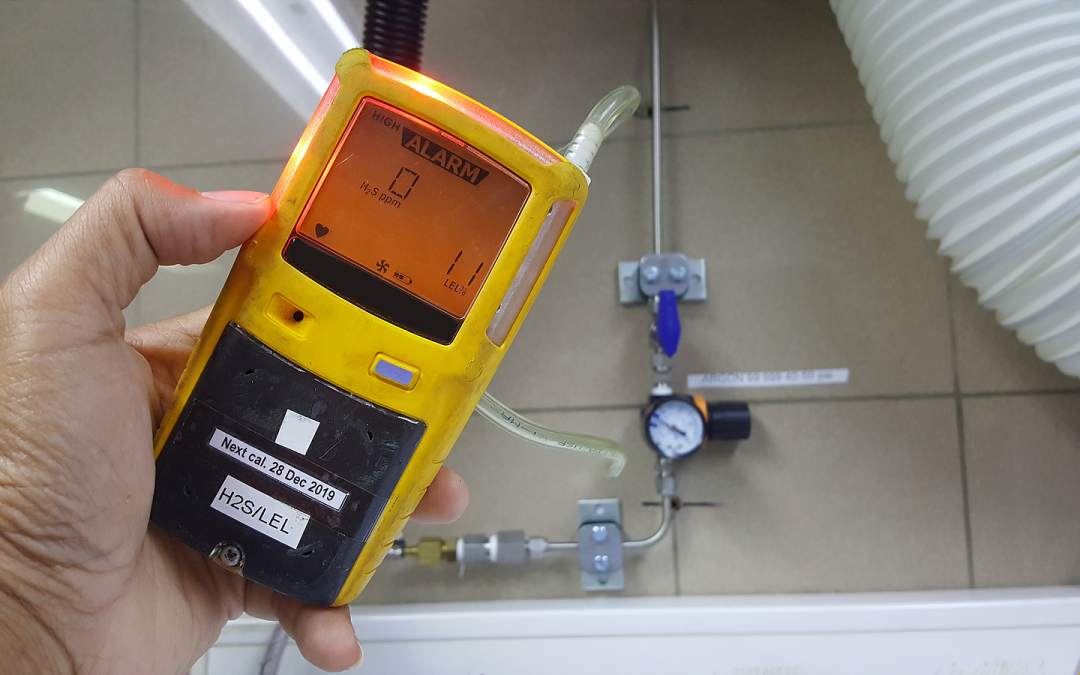There are a lot of responsibilities landlords have to undertake when they let out a property to tenants, the most important of which is to make the home as safe as possible.
To prove the property’s gas supplies, including the boiler and cooker, are safe to use, landlords are obligated by law to have a Gas Safety Certificate.
To find out more, read on.
What is a Gas Safety Certificate?
Landlords need to have all the gas appliances in the property checked over by an expert to make sure they comply with safety standards. Once they have been ascertained as safe to use, they will receive a Landlord Gas Safety Record.
This ensures all gas fittings, chimneys, flues and appliances are working as they should and are not putting the tenants at risk. Appliances that are owned by the renters and do not come as part of the property are not the landlord’s responsibility, but their connections need to be checked over.
How often should they be carried out?
Gas Safety Checks need to be conducted every year, and can only be done by a qualified Gas Safe registered engineer.
These can be arranged between ten and 12 months after the previous assessment. However, if it is booked in more than a year following the last check, the certificate will expire and it will be unsafe and illegal to rent out the property until another one is administered.
Tenants, therefore, need to see proof of the Landlord Gas Safety Record before they sign up to the house or flat.
This should be given to renters before or when they start the tenancy, while current residents will need to receive a renewal record within 28 days of the Gas Safety Check being carried out.
Copies of the record need to be retained for legal purposes, and it is sensible to keep the certificate until a further two checks have been undertaken.
For rents that are shorter than 28 days, a copy of the Gas Safety Record needs to be displayed in the property for everyone to see.
How to arrange a Gas Safety Check
Landlords need to make sure they use a gas safety registered engineer, otherwise their record will not be valid.
The register of qualified engineers lists the businesses that are allowed to conduct the gas safety checks.
It is important to check they have a Gas Safe ID before they start tampering with the gas pipes or appliances in the property to make sure the business is legitimate and you are not paying for a fake certificate.
Property owners can check whether the business is authentic by entering the registration number on the Gas Safe register or their name. An engineer should have a seven-digit licence number, which can also be checked on the website.
Once you have a handful of registered businesses that can carry out the Gas Safety Check, it is a good idea to get at least three quotes for the job. Prices can vary a lot, so it is worth talking to them and seeing what they offer. It is also a good idea to ask around, as finding someone with a good reputation is valuable.
Responsibility to maintain gas work
Although landlords are obliged to complete the annual check, they also have to make sure all the gas work, including chimneys, pipework, appliances and flues are well maintained in between appointments.
This means they need to be serviced as frequently as specified in the manufacturer’s guidelines, which could be more than once a year.
While installation pipework is not actually looked over during the check and is, therefore, not included on the Landlord Gas Safety Record, it is important that property owners look after it to keep tenants safe.
The Health and Safety Executive (HSE) advises landlords to get the Gas Safe registered engineer to test for soundness on the whole gas system, which would include the installation pipework.
It also suggests asking the engineer to visually look at the pipework to check if it appears in working order or if it has been damaged.
After a tenancy comes to an end, it is sensible to get the installation pipework checked over again in case repairs need to be made before the next renter moves in.
Appliances and flues also need to be well-maintained, which means landlords have to arrange a gas safe engineer to examine the condition and functioning of the appliance, ventilation and flue in case there has been deterioration. They should also undertake performance tests.
These should also be assessed before a new tenancy begins, especially as old tenants may have removed appliances in an unsafe manner when leaving the property.
Although it is not necessary to keep records of maintenance work, it is a good idea to have an account of the jobs to prove the work has been done if you need to in the future.
What to expect on a Landlord Gas Safety Record
Property owners who are getting their first Gas Safety Check completed should know what to expect on their Landlord Gas Safety Record.
The document should include a description of each appliance or flue that was examined, and where it was located. Any defects should be written down, and what was done to fix them. The engineer should also note down the results of the operational safety checks that they carried out on the appliances.
The record also needs to include the name, registration number and signature of the Gas Safety Registered engineer, as well as the date of the examination.
In addition to this, the address of the property, as well as the landlord’s name and personal address need to be written in the formal documentation too.
If any of this information has not been provided, it could be a sign that the Landlord Gas Safety Record is not legitimate.

